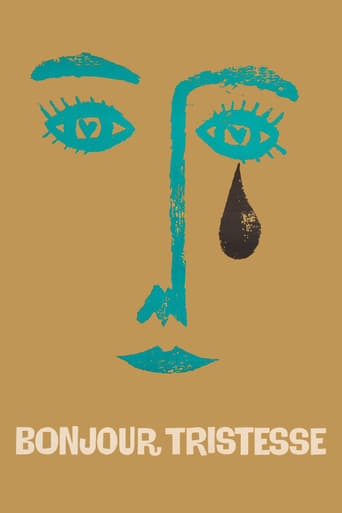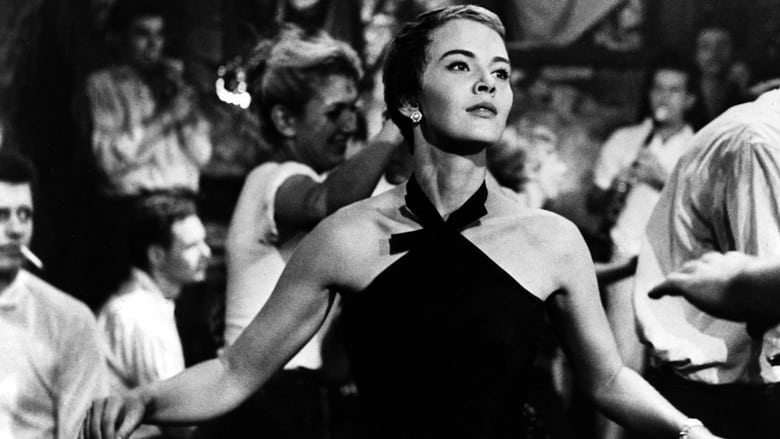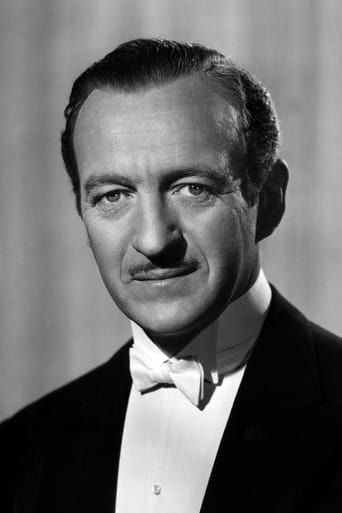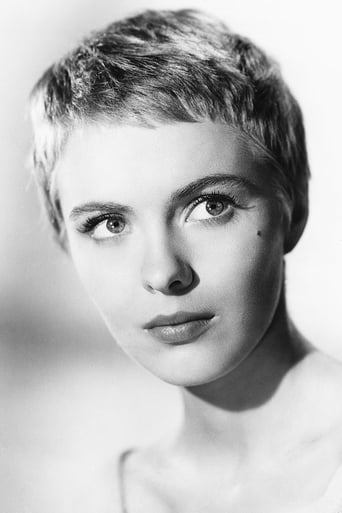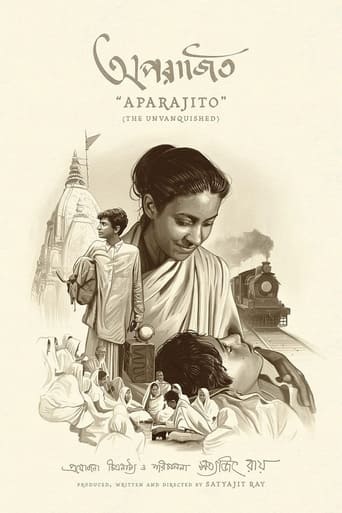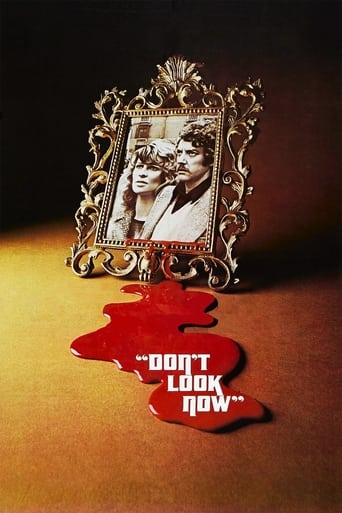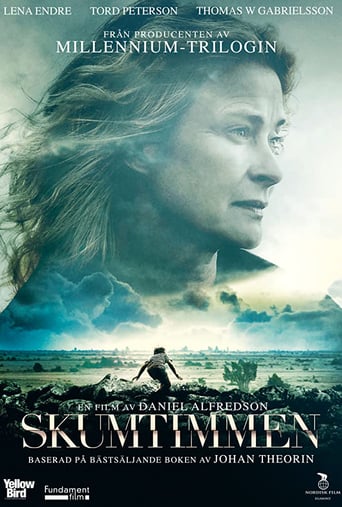Bonjour Tristesse (1958)
Cecile is a decadent young girl who lives with her rich playboy father, Raymond. When Anne, Raymond's old love interest, comes to Raymond's villa, Cecile is afraid for her way of life.
Watch Trailer
Cast


Similar titles
Reviews
Thanks for the memories!
From my favorite movies..
For having a relatively low budget, the film's style and overall art direction are immensely impressive.
Fanciful, disturbing, and wildly original, it announces the arrival of a fresh, bold voice in American cinema.
I wasn't planning on writing a review of this film until I read so many negative remarks of Jean Seberg's performance. Having read about Ms. Seberg's life, I couldn't help from thinking that her character, Cecile, might have experienced some of the conflicts that Seberg encountered in real life. Unlike some other reviewers, I felt that Seberg's performance added value to a production that would have otherwise lost my interest. And, yes, I liked looking at her too, even though I always felt that her boyish haircut failed to bring out the full dimensions of her feminine beauty.The picturesque locale on the French Riviera was visually appealing, and the opulent society depicted was very stylish and glossy, even to the ostentatious point of driving huge late 50's Chryslers in France, but these attributes would not have kept me awake as the hour grew late. As much as I like Deborah Kerr, she wasn't enough to prevent me from turning away from the film, but Seberg and the intelligent, often profound words given to her by the writers maintained my curiosity. Niven's "aging playboy" character, on the other hand, was much too disagreeable and hackneyed to interest me for very long. While Cecile never abandoned the fashionable life of wealth and high social status that she had inherited, she did seriously pause to question its artificiality, shallowness, and insincerity. Unlike most of the members of the privileged class that surrounded her on all sides, she recognized the emptiness of their values and priorities. In reading about Seberg's own life, she made the very same observations of Hollywood, stating at one point, "I never knew until I came here (to Hollywood) that someone could be really nice to you for years and hate your guts." So the young woman from Marshalltown, Iowa, who had been chosen by Otto Preminger out of 18,000 hopefuls to play "Saint Joan", finally made it to the glamorous world of fame and fortune, only to meet a very tragic end at a very young age. Like Cecile, Jean entered the flashy world of the beautiful people only to find immense dissatisfaction and sorrow in the end. I couldn't help from believing that Ms. Seberg strongly identified with the inner discord of her character, which made her performance all the more powerful and meaningful to me.
a novel. a splendid cast. French Riviera. and the steps from present and past. at first sigh, it is the film of Jean Seberg. her look, her voice, her childish revenge with tragic result. in fact, the great virtue of film is the wise measure. and the motif who transforms the novel of Sagan in a fascinating story about egocentric and selfish game of survive of two lonely people. David Niven seems be the perfect choice for become Raymond. the easy manner to define life, the never end holiday, the sarcasm and kind, mixed in a seductive manner are pillars for a great performance. the essential ingredient of the force of film remains the work of Deborah Kerr. in her desire to become a kind of Pygmalion, the fall becomes key of film. the desire to transform a chaotic Paradise in normal life is important piece of a great story about a beautiful story about the meanings of life.
Normally I hate remakes, but I think it would be hard to make this film worse than it already is, so I say "Go for it!" because the story might be worth telling.The story actually isn't much, and deserved a better script and tighter editing to keep the audience interested, not to mention better direction, and acting (including Seberg). I was constantly having to replay scenes, because my mind would drift away from the film, as it was so dull.Even the music was bad. I mean, by the zillionth time they play a variation on that theme ... good grief, we get it already! It must have been a bargain.The characters never really evolve one way or another. They just sort of change (or not) for no particular reason. It's devoid of feeling, even when there should be feeling. We're just supposed to assume it makes sense, without actually taking that journey with the characters.The narration was a big negative as well. Sure, the character may be annoying and childish, but that's no reason to subject us to annoying and childish ramblings.I did enjoy the cinematography, and the use of colour.Even in the 6.5 - 7.0 range, this film is overrated. The pity is that it could have been done well, and wasn't.
This is an odd movie based on a rather simple and not very odd book. First of all, making the father/fiancé so very British is odd in a French context. Even more peculiarly, the actor with the least ability and an American to boot, was the only one of the main trio who seemed French and indeed managed to make herself French during her short life. That said, it is worth the time, is interesting and, of course worth talking and writing about. However, if is not a great movie, not even a good one. Coulda, Shoulda, Woulda resound in my head as the inevitable unfolds. In any event Ms. Kerr is always well worth watching and Mr. Niven is no slouch either. He does manage to convey that he knows he has blighted his life and no, he wasn't a dirty old man. He was a man in his prime with no purpose and is keenly aware that he is marking time. As to the inference of incest, the matching tied shirts, the interest in each other's comings and goings all heightens a sense of unhealthy over-investment. However without that sense of over-investment in daughter by father and in father by daughter, one would have no plot, n'est pas?

